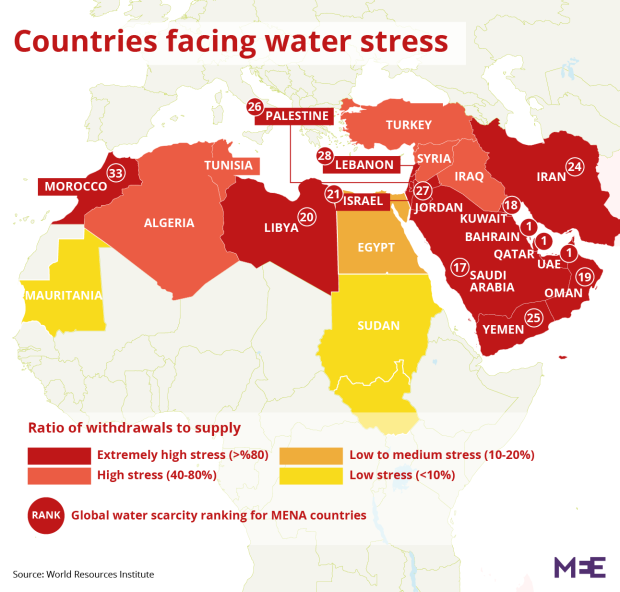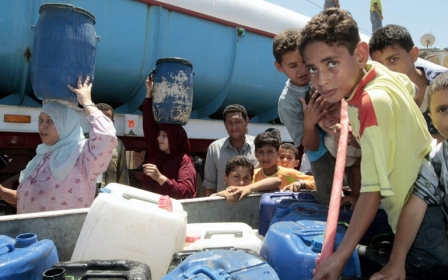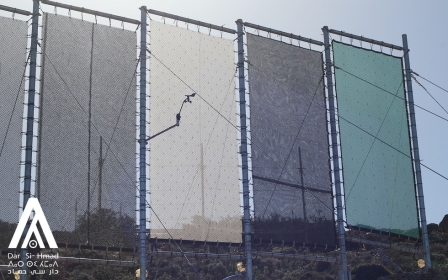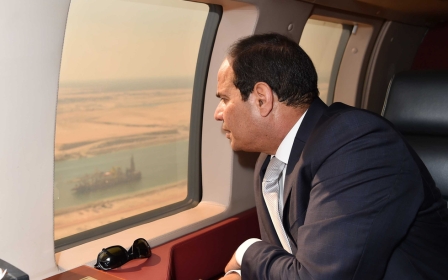International firms rush in to build $10bn Red-Sea-Dead-Sea canal: Jordan

Jordan said on Tuesday that 17 international firms had launched tenders for the construction of a canal linking the Red Sea to the shrinking Dead Sea.
The ambitious project has been in the works for more than a decade and aims to provide much-needed water to Jordan, Israel and the Palestinian territories.
It moved closer to reality in December 2013 when Israel, Jordan and the Palestinian Authority signed a water-sharing deal.
Jordan's water and irrigation ministry did not name the firms who tendered, but said that each would be examined by a technical committee.
The first phase of the project - with an estimated cost of $900m - involves building a conveyance system to transfer 300 million cubic metres (10.6 billion cubic feet) of water each year from the Red Sea to the Dead Sea.
When finished the project could cost up to $10bn.
The ministry said it would also see the construction of a desalination plant with a capacity of 65-85 million cubic metres a year.
Experts have warned that the Dead Sea, the lowest and saltiest body of water in the world, is on course to dry out by 2050.
Its degradation started in the 1960s when Israel, Jordan and Syria began to divert water from the Jordan River, the main source for the Dead Sea.
Water is a rare resource in Jordan, where 92 percent of the land is desert. The country is home to around seven million people and the population is growing with an influx of refugees from Syria.
Several environmental groups have warned that the project could undermine the fragile ecosystem of the Dead Sea, which they fear could be contaminated by water from the Red Sea.
Middle East Eye propose une couverture et une analyse indépendantes et incomparables du Moyen-Orient, de l’Afrique du Nord et d’autres régions du monde. Pour en savoir plus sur la reprise de ce contenu et les frais qui s’appliquent, veuillez remplir ce formulaire [en anglais]. Pour en savoir plus sur MEE, cliquez ici [en anglais].






